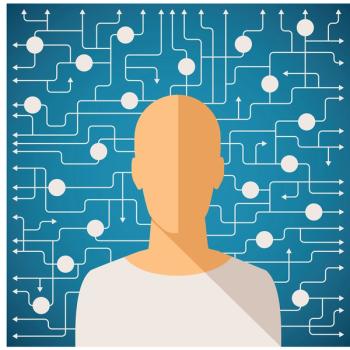
The authors parse myths and facts about decisional capacity, with the goal of preserving patients' dignity and autonomy and helping you mediate conflicts, meet bioethical challenges, and provide compassionate resolutions.

The authors parse myths and facts about decisional capacity, with the goal of preserving patients' dignity and autonomy and helping you mediate conflicts, meet bioethical challenges, and provide compassionate resolutions.

If left untreated, burnout can become chronic and debilitating. Here are tips to recognizing the signs and symptoms.

The latest updates in geriatric psychiatry.
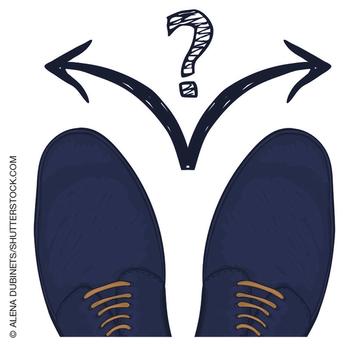
There are striking parallels between the work of the Supreme Court justices and that of psychiatrists.

Have these researchers found a smoking gun?

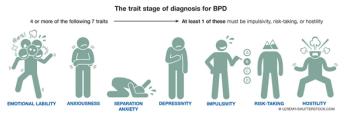
The authors suggest what may be a way forward for thinking about the conceptualization of personality disorder.

Thoughts about the current state of psychiatry by Psychiatric Times' Editor in Chief.

The ability to diagnose pedophilia is key to preventing child sexual abuse: it makes possible accurate risk assessment and informed decisions regarding who is safe to work with children-and who is not.

New insights from a large study that relied on objective biomarkers.

What is the risk of symptom recurrence after antipsychotic discontinuation in first-episode psychosis?

The Prisoner’s Dilemma reveals a clear distinction between the 2 conditions.

A single approach combines potent elements from 5 bipolar-specific therapies.

Here’s the major ingredient in a new psychotherapy for bipolar disorder.
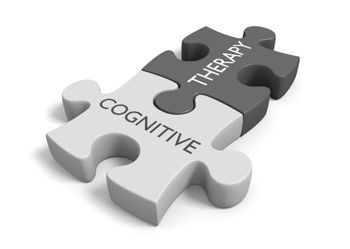
How best to tackle a challenging core feature of MDD.
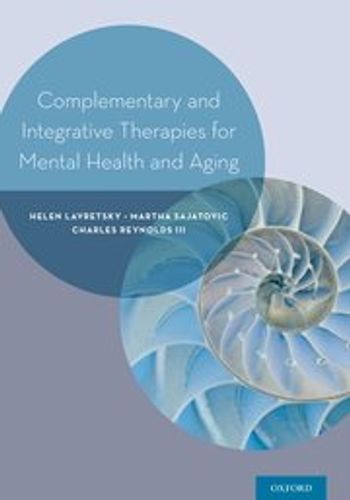
There is a paucity of information on complementary and integrative therapies, especially when they pertain to the topic of mental health and aging. But that's all changed.

Did this woman have (untreated) postpartum psychosis when she became pregnant a second time-- or was this a separate, rare case of prepartum psychosis?

Our societal challenges beat through each note in Simon's newest album-with far-reaching implications for psychiatry.
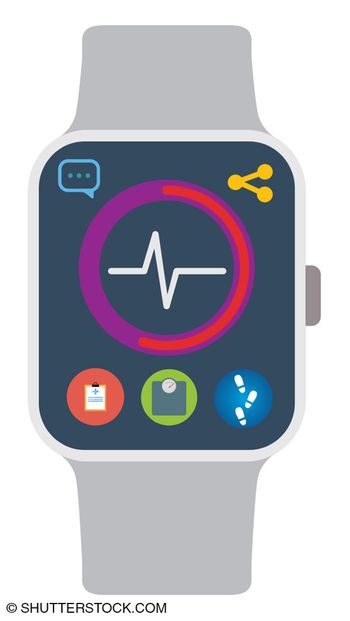
Can a wearable device improve mental health outcomes?

The very traits that define a good physician make it difficult for most doctors to prioritize basic self-care. Many fail to notice early signs of dysfunction.

Collaboration between the psychiatric nurse practitioner and psychiatrist will be part of the solution to the workforce issue that leaves so many underserved patients without good mental health care.

Children in foster care; combat vets; physicians with mental health needs: Dr Koh introduces a series of articles on these and other special patient populations.

Leaving the military is not an easy or simple process. Here is one psychiatrist's personal story.

Here's how the general psychiatrist can play a greater role in better outcomes for children in foster care.
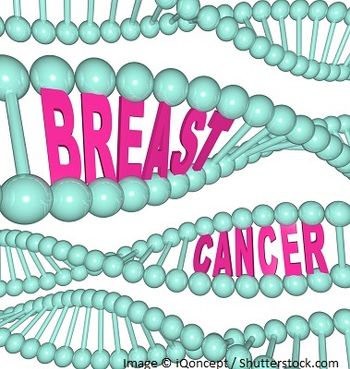
To support patients with breast cancer, psychiatrists should be aware of possible medication interactions, psychiatric or neurologic adverse effects of treatment, and signs of disease progression--issues that are the focus here.

What do we know about the health and drug consumption habits of the Nazi leader of the German people from 1933 to 1945?

A new CDC guideline on prescribing opioids for chronic pain has only added to the media attention being focused on opioid abuse and addiction. But what does the guideline really offer?

Here: key take-home points from 6 new studies on adolescent and child psychiatry chosen for their clinical relevance, applicability, and quality.

Do you think we can-and should-increase our mental wealth? If so, what would you recommend?

What are the most effective assessment practices for ASD during the developmental stages of early childhood, middle childhood, adolescence, and adulthood?